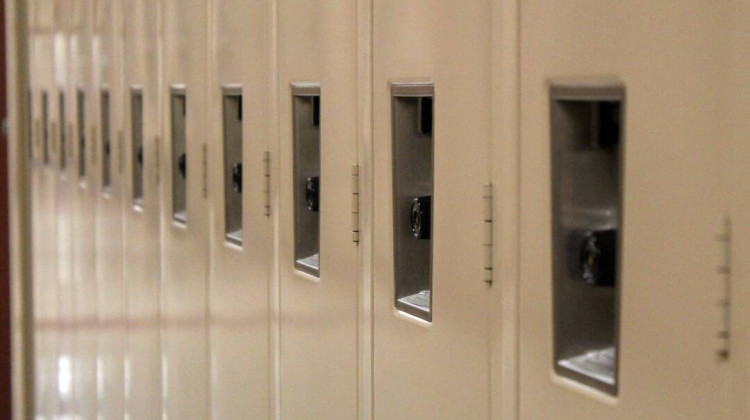
Legislation that would offer high school journalists the same legal protections as professional journalists moved closer to law today. House Bill 1130 would prevent public K-12 schools from disciplining students for expressing their First Amendment rights in a school-funded publication. Committee Chairman Sen. Dennis Kruse (R-Auburn) proposed an amendment to let the State Board of Education decide disputes. “So if there is a conflict between the journalists and the school, the state board woul
IPBS-RJC
Legislation that would offer high school journalists the same legal protections as professional journalists moved closer to law today.
House Bill 1130 would prevent public K-12 schools from disciplining students for expressing their First Amendment rights in a school-funded publication.
Committee Chairman Sen. Dennis Kruse (R-Auburn) proposed an amendment to let the State Board of Education decide disputes.
“So if there is a conflict between the journalists and the school, the state board would make a final decision to take it out of the hands of the local school,” he said.
The amendment was approved and the bill passed the Senate Education Committee 10-0 and now heads to the full Senate.
The Supreme Court set legal precedence on school newspapers in the 1988 case Hazelwood v. Kuhlmeier. The case found the First Amendment rights of student journalists are not violated when school officials prevent the publication of certain articles in the school newspaper, according to the U.S. Federal Courts website.
But supporters of the bill say that allowed an opening for overzealous administrators to censor publications under the cover of “legitimate pedagogical concerns,” meaning if a student’s article was deemed to interfere with teaching it could be censored.
 DONATE
DONATE







 Support WFYI. We can't do it without you.
Support WFYI. We can't do it without you.